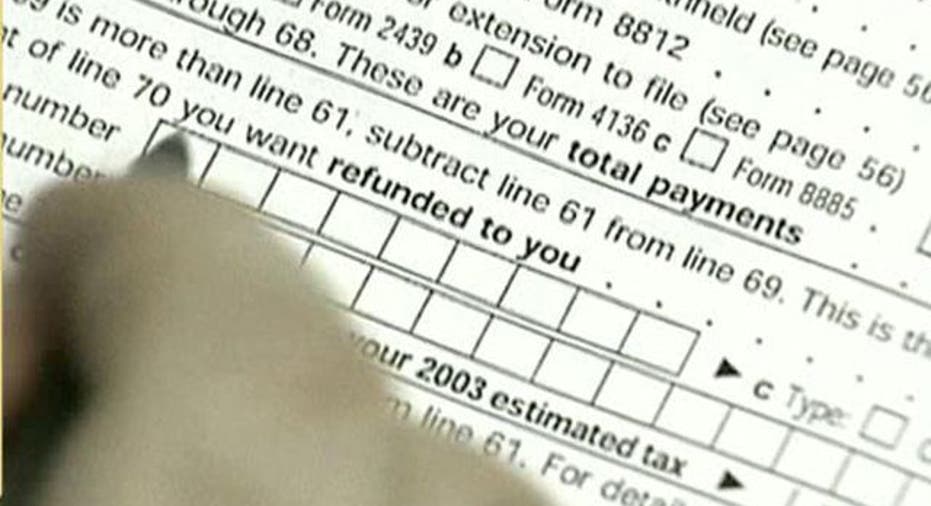Tax Credits for Your Small Business

Businesses can enjoy a variety of tax credits. A credit differs from a deduction in that it reduces your tax liability dollar for dollar. For example, if your tax liability totals $10,000, but you are able to take the disabled access credit for $4,000 you would owe only $6,000 in taxes. A deduction merely reduces your taxable income. So let’s say you have a deduction valued at $4,000, and you are in the 25% tax bracket, you will save only $1,000 on your income taxes.
There are quite a few credits available. Some are obscure applying to only a small percentage of entrepreneurs but there a few noteworthy exceptions. On August 2 Congress passed the Family and Business Tax Cut Certainty Act which extended some of the existing tax credits for small businesses. Listed below are some of the often-overlooked credits that may come in handy for reducing your tax liability:
- Credit for retirement plan startup expenses. If you implement a defined benefit plan including a 401(k), SIMPLE, or SEP, you may take a credit of up to $500 for startup expenses. Claim your credit on Form 8881.
- Disabled access credit. If your sales for the prior year were less than $1 million or you had fewer than 30 employees, you may take a tax credit for improvements made to your business property to fulfill the requirements of the Americans for Disability Act. Roughly, you will enjoy a tax credit of 50% of your expenditures up to a maximum credit of $5,000.
- Work opportunity tax credit. This credit was extended another year thanks to the Family and Business Tax Cut Certainty Act. If you hire veterans you may qualify you to receive up to $9,600 in the form of a tax credit and up to $6,240 if your organization is a nonprofit agency. The amount you can claim depends upon how much you are paying in wages, how many hours the veteran works for you and how long the veteran was unemployed prior to hiring. You must hire the veteran before the end of 2013 in order to take the credit.
- Fuel and alternative motor vehicle credits. There are a plethora of tax credits for manufacturing of fuels or greening up your business’ transportation expenses. Biodiesel, renewable diesel, low sulfur diesel, alcohol and cellulosic biofuel fuels, among others. Check with your tax pro to determine if you qualify. Thanks to the Family and Business Tax Cut Certainty Act these tax credits still apply including a special bonus depreciation allowance for cellulosic biofuels.
- Small employer health insurance premiums. If you have fewer than 25 employees, and paid average annual wages of less than $50,000 you may qualify for this credit. The calculations are tricky and fewer business owners qualify than what was originally anticipated. Check with your tax pro to determine if you do or not.
- Empowerment Zone credit. This one was also extended thanks to the Family and Business Tax Cut Certainty Act. If your business resides in an empowerment zone, you may claim the credit. See IRS Form 8844 to find out if you qualify.
- Credit for employer Social Security and Medicare taxes. If you own a beverage or food service establishment where tipping is customary, you may receive credit for the amount of Social Security and Medicare taxes you paid on employee tips reported to you. Check out form 8846
Bonnie Lee is an Enrolled Agent admitted to practice and representing taxpayers in all fifty states at all levels within the Internal Revenue Service. She is the owner of Taxpertise in Sonoma, CA and the author of Entrepreneur Press book, “Taxpertise, The Complete Book of Dirty Little Secrets and Hidden Deductions for Small Business that the IRS Doesn't Want You to Know.” Follow Bonnie Lee on Twitterat BLTaxpertise and at Facebook.



















